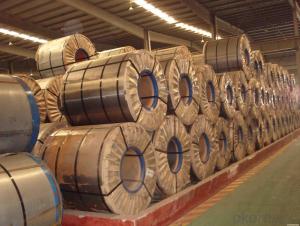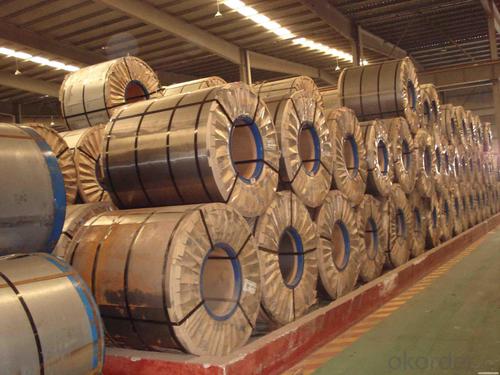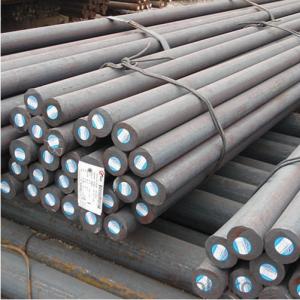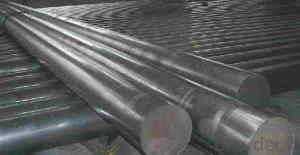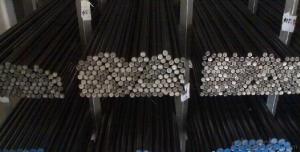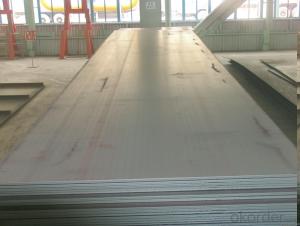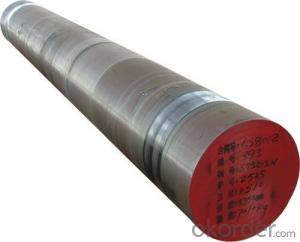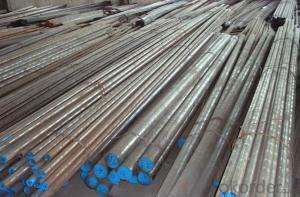Special Steel 65Mn Hot Rolled Spring Steel
- Loading Port:
- China main port
- Payment Terms:
- TT OR LC
- Min Order Qty:
- 30 m.t.
- Supply Capability:
- 10000 m.t./month
OKorder Service Pledge
OKorder Financial Service
You Might Also Like
Specification
Product information:
Description of goods: | |
Standard | JIS/DIN/ASTM/SUS/AISI/EN/GB...... |
Material | 201/202/216/304/316/309S/310/410/430...... |
Width | 600-3300mm |
Thickness | 2-120mm |
Length | 1000-6000mm, or as the clients' requests |
Technology | Hot rolled |
Tolerance | Control with in the standard |
Advantages | 1.Short delivery time |
2.Quality assurance | |
3.Competitive price | |
4.Superior Service | |
Packing: | |
1. Export sea worthy package + water proof paper + wooden pallet 2. Max Loading 26.5mt for each 20Gp container 3. Safe loading and fixing Professional Teams 4. Professional shipping line | |
Product Show:
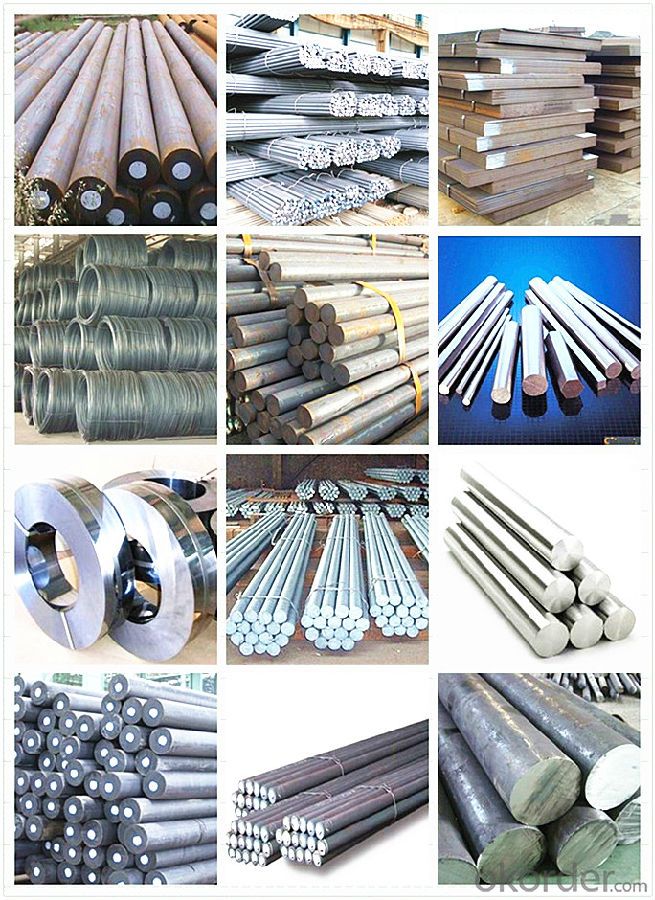
Workshop Show:
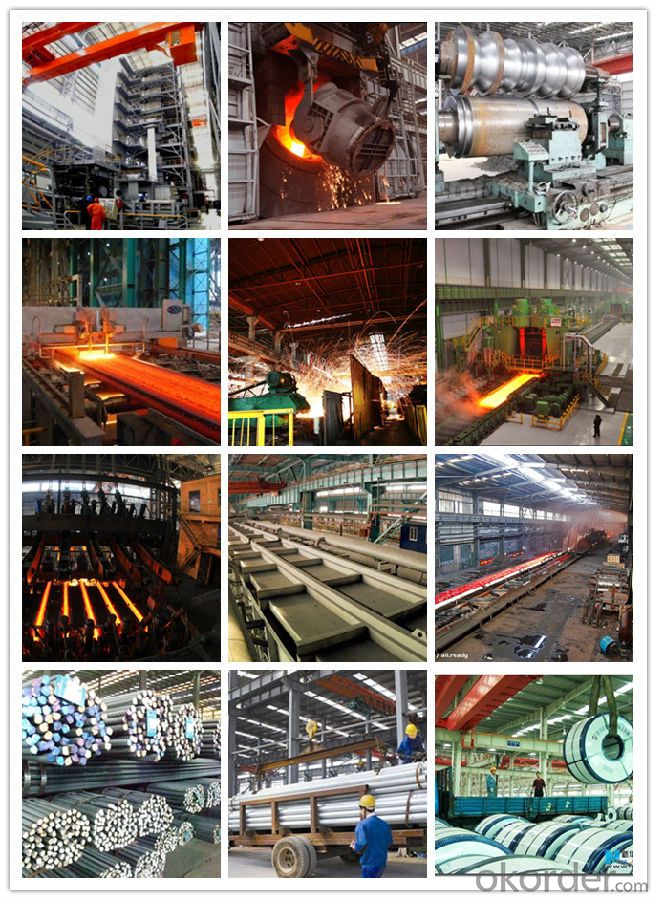
Shipping
1. FedEx/DHL/UPS/TNT for samples, Door-to-Door;
2. By Air or by Sea for batch goods, for FCL; Airport/ Port receiving;
3. Customers specifying freight forwarders or negotiable shipping methods!
Delivery Time: 3-7 days for samples; 5-25 days for batch goods.
Payment Terms
1.Payment: T/T, L/C, Western Union, MoneyGram,PayPal; 30% deposits; 70% balance before delivery.
2.MOQ: 1pcs
3.Warranty : 3 years
4.Package Informations: 1) EXPORT, In 20 feet (GW 25 ton) or 40 feet Container (GW 25 ton)
2)as customer's requirement
Why choose us?
(1) The leading exporter in China special steel industry.
(2) Large stocks for various sizes, fast delivery date.
(3) Good business relationship with China famous factories.
(4) More than 7 years steel exporting experience.
(5) Good after-sales service guarantee.
- Q: What is the impact of grain size on the mechanical properties of special steel?
- The impact of grain size on the mechanical properties of special steel is significant. Grain size refers to the size and distribution of individual crystals within the steel structure. It is determined by factors such as the cooling rate during solidification and subsequent heat treatments. In general, a smaller grain size in special steel leads to improved mechanical properties. This is because smaller grains offer a greater number of grain boundaries, which act as barriers to dislocation movement and improve the strength of the steel. Smaller grains also provide a more uniform microstructure, enhancing the overall toughness and resistance to fracture. Additionally, a smaller grain size promotes higher hardness and increased wear resistance in special steel. This is due to the increased number of grain boundaries that hinder the movement of dislocations, preventing plastic deformation and leading to higher hardness values. On the other hand, larger grain sizes can negatively impact the mechanical properties of special steel. Larger grains have fewer grain boundaries, allowing dislocations to move more freely. This results in reduced strength, toughness, and hardness of the steel. Furthermore, larger grains can also lead to anisotropic behavior, where the mechanical properties differ in different crystallographic directions, making the steel more susceptible to failure under certain loading conditions. Therefore, controlling and optimizing the grain size in special steel is crucial to achieve desired mechanical properties. This can be achieved through precise heat treatments, such as annealing or quenching, which control the cooling rate and subsequent recrystallization processes. By controlling the grain size, special steel can be tailored to meet specific application requirements, ensuring optimal mechanical performance and reliability.
- Q: What are the applications of special steel in the automotive supply chain?
- Special steel has various applications in the automotive supply chain. It is widely used in the manufacturing of engine components, such as crankshafts, camshafts, and connecting rods, due to its high strength and resistance to wear. Special steel also finds application in the production of suspension and steering components, as well as gears and shafts, which require excellent toughness and durability. Moreover, it is utilized in the fabrication of safety-related parts like seat belt anchors and airbag systems, ensuring the necessary strength and reliability. Overall, special steel plays a crucial role in enhancing performance, safety, and efficiency in the automotive industry.
- Q: How does special steel contribute to the aerospace defense industry?
- Special steel plays a vital role in the aerospace defense industry as it offers the essential strength, durability, and resistance to extreme conditions needed for various applications in aircraft and defense systems. One of the primary contributions of special steel in this industry lies in its capacity to endure high temperatures and pressures. For instance, special steel alloys are utilized to manufacture turbine blades and other components in aircraft engines that are constantly exposed to exceedingly hot gases. These alloys possess excellent heat resistance properties, enabling them to maintain their strength and structural integrity even under such demanding circumstances. Furthermore, special steel exhibits exceptional resistance to corrosion and erosion, rendering it ideal for aerospace applications. Given that aircraft and defense systems often operate in harsh environments, including exposure to saltwater, moisture, and other corrosive elements, special steel alloys like stainless steel are employed to prevent rusting and corrosion. This ensures the longevity and dependability of critical components. Additionally, special steel is employed in the production of armor plates and ballistic protection systems for military vehicles and aircraft. Its high tensile strength and impact resistance make it an indispensable material for these applications, providing enhanced protection for military personnel and assets. Moreover, special steel finds application in the manufacturing of landing gears, wing components, and airframe structures. These components must withstand tremendous forces and stresses during takeoff, landing, and flight, making the strength and durability of special steel vital for the safety and performance of aerospace systems. In conclusion, special steel plays a crucial role in the aerospace defense industry by supplying the necessary strength, durability, and resistance to extreme conditions required for various applications. Its ability to endure high temperatures and pressures, resist corrosion and erosion, as well as its high tensile strength, make it an essential material in the manufacturing of aircraft engines, armor plates, ballistic protection systems, and other critical components.
- Q: Can special steel be used in the nuclear industry?
- Indeed, the nuclear industry finds special steel to be a valuable asset. This type of steel, also referred to as stainless steel, is commonly utilized in nuclear power plants due to its exceptional resistance to corrosion, impressive strength, and capability to endure high temperatures. Given the demanding conditions of nuclear reactors, which involve radiation exposure, high-pressure and high-temperature environments, as well as corrosive substances, the nuclear industry necessitates materials that can withstand such harsh circumstances. Special steel possesses properties that render it suitable for these conditions, including its corrosion resistance and ability to maintain mechanical properties at elevated temperatures. Furthermore, special steel plays a crucial role in the construction of nuclear fuel rods, storage containers, and other vital components. It is crucial to emphasize that the special steel employed in the nuclear industry is subject to rigorous quality control measures and testing in order to ensure its reliability and safety.
- Q: What are the properties of high-temperature steel?
- High-temperature steel possesses exceptional strength, heat resistance, and thermal stability, allowing it to retain its structural integrity even at elevated temperatures. It exhibits low thermal expansion and retains its mechanical properties under extreme heat conditions. Additionally, high-temperature steel is highly resistant to oxidation and corrosion, making it suitable for applications in industries such as aerospace, power generation, and manufacturing.
- Q: What are the different non-destructive testing methods used for special steel?
- Some of the common non-destructive testing methods used for special steel include ultrasonic testing, magnetic particle testing, liquid penetrant testing, radiographic testing, and eddy current testing. These methods allow for the detection of internal and surface defects in the steel without causing any damage or alteration to the material.
- Q: What are the different methods of preventing stress relaxation in special steel?
- There are several methods of preventing stress relaxation in special steel. One method is through heat treatment, specifically through the process of annealing. Annealing involves heating the steel to a specific temperature and then slowly cooling it down. This process helps to relieve internal stresses within the steel and prevent stress relaxation. Another method is through the use of stress relieving techniques. These techniques involve applying controlled amounts of stress to the steel, typically through cold working or mechanical deformation. By doing so, the steel is able to release any built-up stress and prevent relaxation over time. Additionally, the use of alloying elements can also help prevent stress relaxation in special steel. Certain alloying elements, such as molybdenum and chromium, can improve the steel's resistance to stress relaxation by enhancing its strength and stability. Lastly, proper design and engineering of components can also play a role in preventing stress relaxation. By considering factors such as load distribution, material thickness, and stress concentration points, engineers can minimize the risk of stress relaxation in special steel applications. Overall, a combination of heat treatment, stress relieving techniques, alloying elements, and thoughtful design can be employed to prevent stress relaxation in special steel.
- Q: What are the different quenching techniques used for special steel?
- Some of the different quenching techniques used for special steel include oil quenching, water quenching, and polymer quenching. Oil quenching involves immersing the steel in oil to cool it down rapidly, while water quenching uses water to achieve a similar effect. Polymer quenching, on the other hand, involves using a specially formulated polymer solution to cool the steel. Each technique has its own advantages and disadvantages, and the choice of quenching technique depends on the specific requirements of the steel being treated.
- Q: What are the requirements for special steel used in power plants?
- The requirements for special steel used in power plants are specific and stringent, given the critical role that these materials play in ensuring the safe and efficient operation of power generation facilities. Some of the key requirements for special steel in power plants include: 1. High temperature resistance: Special steel used in power plants must be able to withstand high temperatures without losing its structural integrity. This is crucial as power plants operate at elevated temperatures, especially in areas such as the combustion chamber or steam turbines. 2. Corrosion resistance: Power plants often operate in environments with high levels of moisture, chemicals, and other corrosive elements. Special steel must possess excellent corrosion resistance to prevent degradation and premature failure caused by chemical reactions or rusting. 3. Strength and toughness: As power plants generate significant amounts of energy, the components made of special steel must exhibit high strength and toughness to withstand the mechanical stresses and loads they are subjected to. This includes resistance to fatigue, creep, and stress corrosion cracking. 4. Weldability: Power plant components often require welding during fabrication or maintenance. Special steel should have good weldability to ensure strong and reliable joints that maintain the structural integrity of the overall system. 5. Low thermal expansion: Special steel used in power plants should have low thermal expansion properties to minimize the risk of thermal stress and distortion that can occur due to temperature variations during operation. This ensures dimensional stability and prevents premature failure. 6. Resistance to radiation: In some power plants, such as nuclear facilities, special steel may be exposed to radiation. Therefore, it is necessary for the steel to have good resistance to radiation damage, ensuring its long-term performance and safety. 7. Compliance with industry standards: Special steel used in power plants must meet specific industry standards and codes to ensure its quality, reliability, and safety. These may include standards such as ASTM, ASME, or ISO, among others. Overall, the requirements for special steel used in power plants are driven by the need for high temperature resistance, corrosion resistance, strength, weldability, low thermal expansion, radiation resistance, and compliance with industry standards. Meeting these requirements ensures the integrity and longevity of power plant components, contributing to the safe and efficient generation of electricity.
- Q: What are the limitations of using special steel in high-temperature applications?
- The utilization of special steel in high-temperature scenarios comes with its own set of constraints. One notable limitation is the potential for thermal expansion. Similar to other materials, special steel expands when subjected to high temperatures. This expansion can result in changes in dimensions and internal stress, which can impact the overall performance and integrity of the structure. Another constraint is the likelihood of oxidation and corrosion. Elevated temperatures can expedite the oxidation process, leading to the formation of oxides on the steel's surface. These oxides can cause corrosion and weaken the material over time. To counteract this drawback, special steel alloys with enhanced resistance to oxidation and corrosion are frequently employed in high-temperature applications. Additionally, special steel may experience a decrease in strength at higher temperatures. The mechanical properties of the material, such as tensile strength and hardness, can be significantly diminished as the temperature rises. This reduction in strength can compromise the structural integrity of the component, making it more susceptible to failure. Lastly, special steel may possess a limited temperature range within which its desired properties can be maintained. Beyond a certain temperature threshold, the material may undergo phase transformations or experience degradation, resulting in a loss of its intended characteristics. It is crucial to carefully assess the operating temperature and select the appropriate special steel alloy with a suitable temperature range for the specific high-temperature application. In conclusion, while special steel presents numerous advantages for high-temperature applications, such as exceptional strength, durability, and heat resistance, it is vital to acknowledge its limitations. Considerations such as thermal expansion, oxidation and corrosion, reduced strength at high temperatures, and temperature restrictions must be taken into account and addressed when utilizing special steel in these applications.
Send your message to us
Special Steel 65Mn Hot Rolled Spring Steel
- Loading Port:
- China main port
- Payment Terms:
- TT OR LC
- Min Order Qty:
- 30 m.t.
- Supply Capability:
- 10000 m.t./month
OKorder Service Pledge
OKorder Financial Service
Similar products
Hot products
Hot Searches
Related keywords
